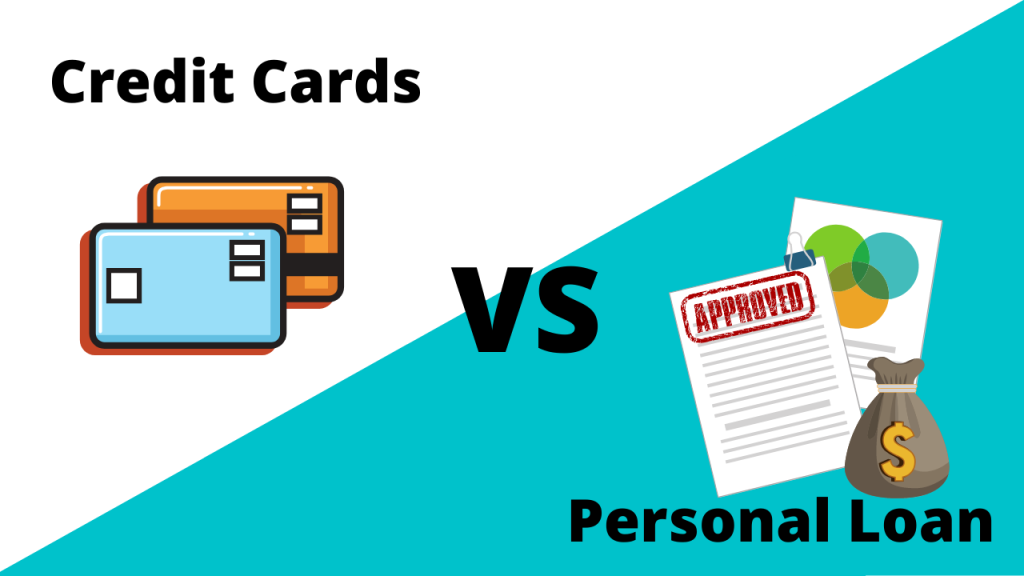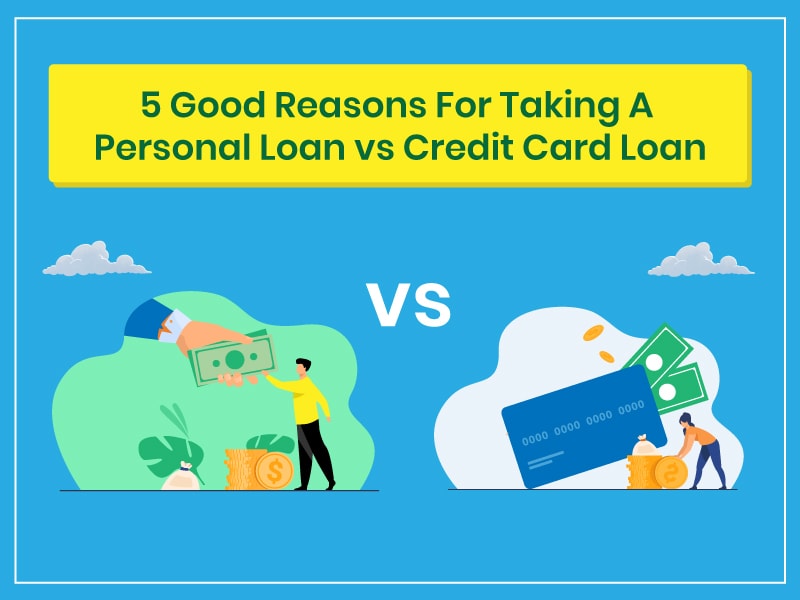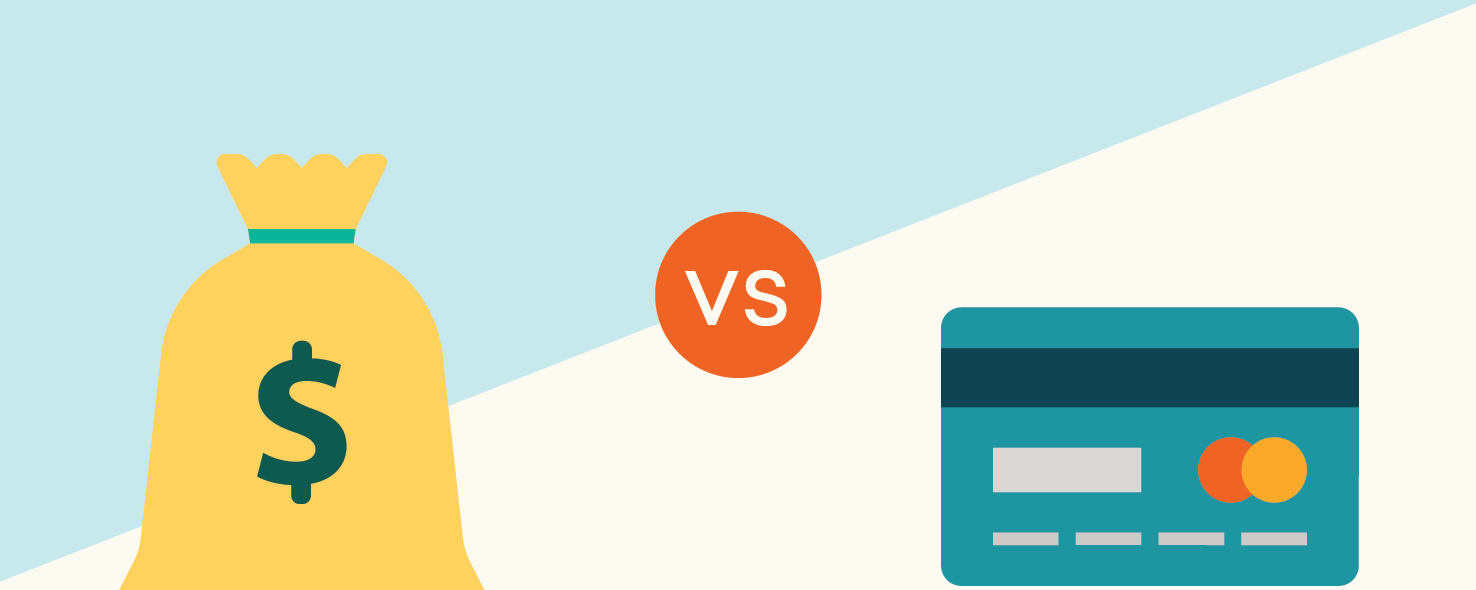In the modern financial landscape of the Philippines, credit cards and personal loans have become popular choices for individuals seeking to meet their financial needs. Both options offer convenient ways to access funds, but they come with distinct features and advantages. Making the right choice between credit cards and personal loans requires a clear understanding of their differences, benefits, and potential drawbacks. In this article, we will compare credit cards and personal loans to help you make an informed decision based on your specific financial situation and requirements.
When facing unexpected expenses or planning significant purchases, many Filipinos turn to credit cards and personal loans for financial assistance. Both credit cards and personal loans provide quick access to funds, but they differ in how they operate and what they offer to consumers.
In this article, we will delve into the details of credit cards and personal loans, highlighting their benefits, drawbacks, and implications on personal finances. By understanding the key factors of each option, you can make a well-informed decision that aligns with your financial goals.
Understanding Credit Cards

How Credit Cards Work
A credit card is a financial tool that allows you to borrow money up to a predefined credit limit. When you use a credit card for purchases or transactions, you are essentially borrowing money from the credit card issuer. You are required to repay the borrowed amount, either in full or through monthly installments.
Credit Card Advantages
- Convenience: Credit cards offer a convenient and widely accepted method of payment, both online and offline.
- Interest-Free Grace Period: Many credit cards provide an interest-free grace period, allowing you to avoid interest charges if you pay the full balance by the due date.
- Rewards and Perks: Some credit cards offer reward points, cashback, or other perks for every purchase made, providing potential cost savings.
- Build Credit History: Responsible credit card usage can help establish and improve your credit score.
- Credit Card Disadvantages
- High-Interest Rates: If you carry a balance on your credit card beyond the grace period, high-interest rates can lead to significant debt.
- Potential Overspending: Credit cards may tempt users to spend more than they can afford, leading to financial strain.
- Fees and Charges: Credit cards may come with annual fees, late payment fees, and other charges.
Exploring Personal Loans
How Personal Loans Work
A personal loan is a fixed amount of money borrowed from a bank or a financial institution. Unlike credit cards, personal loans typically come with a fixed repayment term, and you receive the loan amount in a lump sum.
Personal Loan Advantages
- Structured Repayment: Personal loans come with fixed monthly installments, making it easier to budget and plan your finances.
- Lower Interest Rates: Compared to credit cards, personal loans often have lower interest rates, making them more affordable for large expenses.
- Debt Consolidation: Personal loans can be used to consolidate multiple debts into a single, manageable loan.
- Personal Loan Disadvantages
- Lengthy Approval Process: Personal loans may take longer to get approved and disbursed compared to credit cards.
- Collateral or Guarantees: Some personal loans require collateral or a guarantor, adding to the complexity of the borrowing process.
Comparing Interest Rates
Credit Card Interest Rates
Credit card interest rates in the Philippines can vary widely, ranging from around 24% to 36% or more per annum. The actual interest rate you receive will depend on your creditworthiness and the specific credit card provider.
Personal Loan Interest Rates
Personal loan interest rates generally range from 10% to 20% per annum, making them more affordable compared to credit cards for large and long-term expenses.
Eligibility and Approval Process

Credit Card Eligibility and Approval
To be eligible for a credit card, you typically need a stable source of income, a good credit history, and meet the age requirement set by the issuing bank.
Personal Loan Eligibility and Approval
Personal loans require a more rigorous assessment of your financial stability, credit history, and ability to repay the loan. Meeting these criteria will increase your chances of approval.
Repayment Flexibility
Credit Card Repayment
Credit cardholders can choose to repay the full outstanding balance or opt for minimum payments. However, paying only the minimum amount will lead to higher interest charges and prolong the time required to clear the debt.
Personal Loan Repayment
Personal loans come with fixed monthly installments, ensuring a structured repayment plan that helps you manage your budget effectively.
Impact on Credit Score
Both credit cards and personal loans can influence your credit score. Responsible use, timely repayments, and maintaining a healthy credit utilization ratio can positively impact your credit score.
Determining the Right Choice for You
When deciding between a credit card and a personal loan, consider your financial needs, repayment capabilities, and long-term goals. If you require quick access to funds for smaller purchases or emergencies, a credit card might be suitable. On the other hand, for larger expenses with a longer repayment timeline, a personal loan may be a more viable option.
Ultimately, the right choice depends on your individual financial circumstances and preferences. It is essential to weigh the advantages, disadvantages, and costs associated with each option before making a decision.
Conclusion
In conclusion, both credit cards and personal loans serve as valuable financial tools in the Philippines, offering different benefits to consumers. Credit cards provide convenience and potential rewards, but they also come with higher interest rates and the risk of overspending. On the other hand, personal loans offer structured repayment and lower interest rates, but they may require a longer approval process and collateral in some cases.
To make the right choice between credit cards and personal loans, carefully evaluate your financial needs, repayment capacity, and long-term financial goals. By considering all the factors discussed in this article, you can make an informed decision that aligns with your financial well-being.







